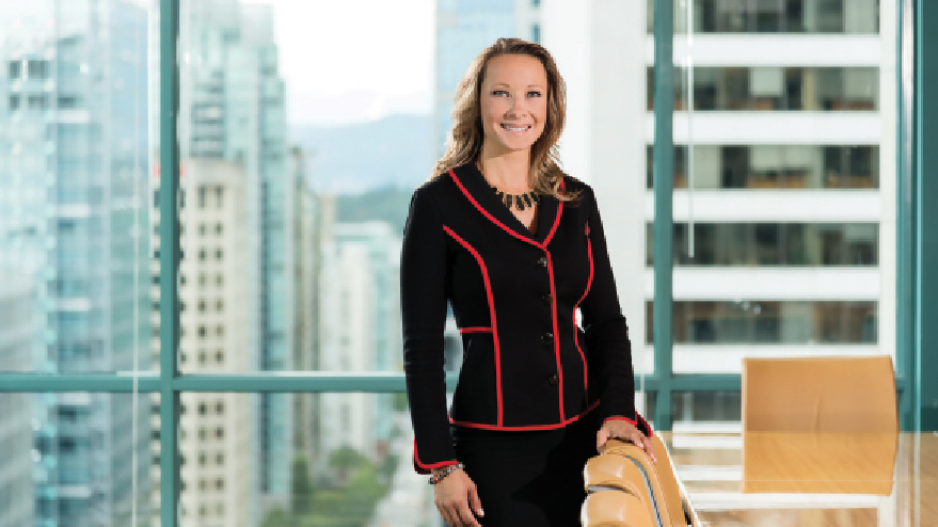The first step to estate planning is lifetime gifts. But large early gifts can have a significant impact on how long your capital will last. Rule of thumb: give smaller annual cash gifts at Christmas and birthdays, pay for holidays for your grown kids and enjoy being around to experience giving.
•Where there is a will: Your will gives everything away that you own and control when you die. Some say, “Own nothing and control everything,” which mitigates the need for a will. A very small percentage of the population can afford the complex planning required to accomplish this. So if you are the proud owner of assets, be prepared to have a will. Everything your will gives away attracts probate of 1.4 per cent. But this is a far cry from taxes that can be as high as 46 per cent. That said, you can use tools like beneficiary designations and joint ownership of assets to avoid probate, which are free, and you can change your mind so your kids still have to be nice to you. Also, make sure you have left a precise paper trail for executors so they know what you own and how to find it.
•Income splitting: Spouses can split all income that qualifies for the federal pension income credit. You can also create income splitting using corporate assets by giving a spouse and/or children preferred share ownership, or though a family trust. These are great tools to unlock trapped assets in lower marginal tax brackets that will otherwise attract the highest tax in your estate. Rule of thumb: Spend registered retirement savings plans sooner than registered retirement income funds (RRIFs) if you can make withdrawals in a 29.7 per cent bracket or less. RRIFs do a horrible job of estate planning and are often the single biggest reason your estate will fall into the highest tax bracket.
•Tax shelters and tax deferrals: The last two buckets you will likely spend from are your primary residence and tax-free savings accounts because they tax shelter growth. They are great buckets to accumulate wealth in, and they are tax-free whether you spend them during your lifetime or die owning them. Life insurance investments also fit into this category but can trigger taxes on withdrawals during your lifetime.
Holding companies are a tax deferral, can be used for income splitting and can take advantage of the capital dividend account credit of life insurance proceeds leaving tax-free money behind. So before you try to wind up your company assets over the next couple of years, triggering tax on dividend income, think about ways you may be able to improve that part of your plan.
Rule of thumb: Own and control everything that you might possibly need during your lifetime, keep costs low and leave tax-free buckets behind.
Getting
If you receive a large tax-paid bucket of cash, you have no choice but to invest it in your personal name. But how will this affect your personal tax bracket every year? How about where and how to invest the proceeds? Equity markets are risky and require extremely active and professional management. Guaranteed investment certificates are no longer a good way to preserve your net worth since you lose money on them each year after taxes and inflation. How do you find a good financial adviser? Here are a couple of tips.
•Ask for referrals: The best way to find a good adviser is to get a referral from someone who has been working together with a professional for many years and has benefited from good advice. Experience is important, but look for education credentials and client references as well. And work with a team of specialists. The complexity of planning is such that the generalist adviser simply cannot be all things to all people.
•Have a plan: You are no different than the person who gifted you the asset. They had a plan for how best to accumulate, spend and gift these assets, and so should you. Work with a financial planner to make sure you are not missing anything. Especially with ongoing changes to legislation, professional advice is more important than ever. ç
Vancouver-based certified financial planner Cindy David, CFP, CLU, FEA, TEP, is president of Cindy David Financial Group Ltd., which consults to Raymond James Ltd. and other firms. David is the author of Financial First Aid for Canadian Investors: Stop the Bleeding, Start the Healing and Get Your Portfolio on the Road to Recovery.
For more on retirement preparedness, see an infographic at www.biv.com/navigating and read our new Retirement Ready magazine at https://www.biv.com/magazine/retirement-ready-2016/




